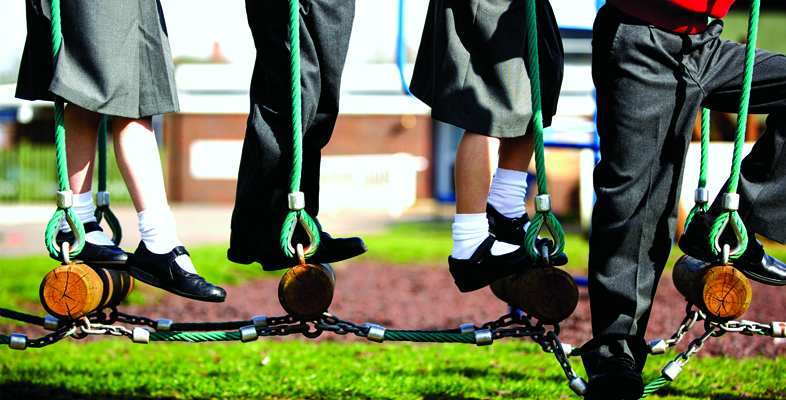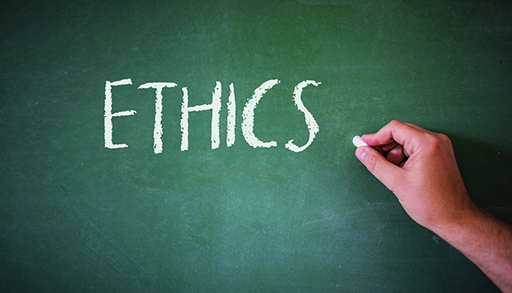6 Ethical practices in education settings
There are ethical requirements for adult behaviour and research in education settings. The British Educational Research Association (BERA 2018) has published specific guidelines for this, and if you work or volunteer in a school it is very useful to be aware of BERA guidance. Some of the key elements can be summarised as follows.
Voluntary and informed consent: You must take the steps necessary to ensure that children and adults understand the research process in which they are participating, including why their participation is necessary, how it will be used, and how and to whom it will be reported.
Openness and disclosure: Securing voluntary and informed consent must happen before research gets underway.
The right to withdraw: Researchers must recognise the right of any child or adult to withdraw from the research for any or no reason, and at any time, and researchers must inform participants of this right.
The interests of the child: Researchers in education settings must comply with the United Nations Convention on the Rights of the Child (United Nations, 1989). This requires that in all actions concerning children, the best interests of the child must be the primary consideration. Children who are capable of forming their own views should be able to express their views freely in all matters affecting them, and should be facilitated to give fully informed consent to do so. Researchers must also recognise that children may experience distress or discomfort in the research process, and must take all necessary steps to put children at their ease. Researchers must desist immediately from any actions, ensuing from the research process, that cause emotional or other harm.
Privacy: Researchers must recognise children’s and adults’ rights to privacy, confidentiality and anonymity, unless they or, in the case of children, their guardians or responsible others, specifically and willingly waive that right. Researchers must also ensure that data is kept securely and that the form of any publication, including publication on the Internet, does not directly or indirectly lead to a breach of agreed confidentiality and anonymity.
Now you will return to ways of observing and listening to children in primary schools, looking at techniques for interviews and conversations. As you continue through this course, pay attention to how teachers and other adults follow BERA ethical guidelines when they work with children.

